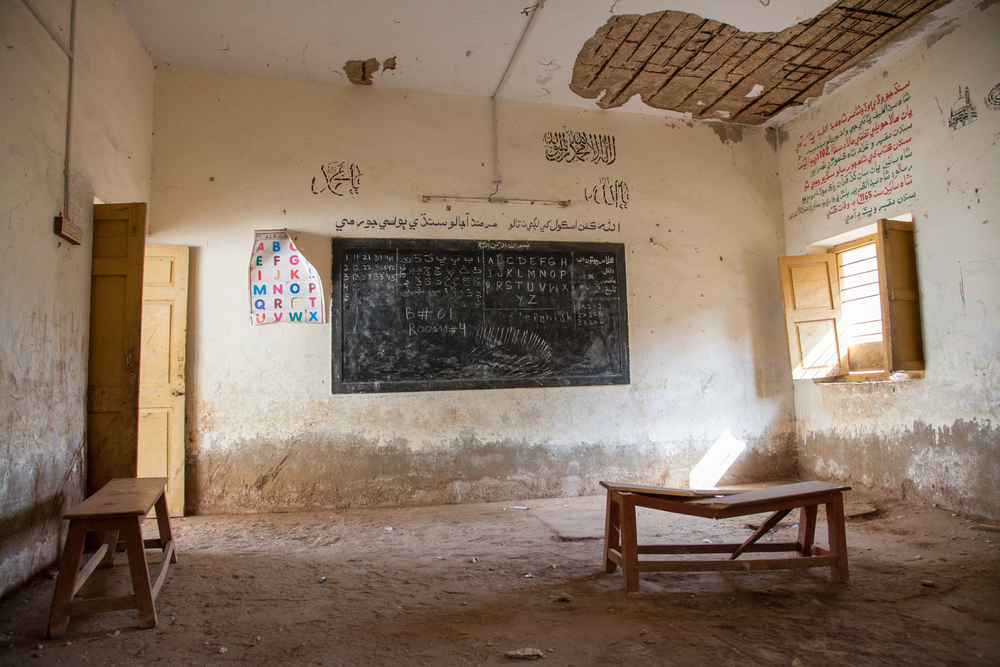Research has found that the social class and socioeconomic status of an individual does play a role in their academic success. Children from families of higher socioeconomic backgrounds become literate at an earlier age and are exposed to academic training at a younger age. This article explores the various aspects of how socioeconomic status affects education that social science researchers have found.
A student’s progress in every educational setting differs from that of others; in some way, we’re all aware that every student has his or her own set of strengths and weaknesses. What we forget to consider, however, is how their socioeconomic background affects their educational progress. How income levels affect a student’s success in school has been a heated discussion and is usually filled with myths and one-sided facts.
It is well-known that a student’s performance in their early years of school may not be the only defining criterion for success in life. However, the habits adopted in those early years, the liking of certain subjects, and their comfort with different subjects, continue to influence their approach towards higher education. For those interested in being educators or working in educational settings, it is important to understand how the difference in mental abilities between an outstanding student and an underperforming one begin much earlier than the start of their formal education.
In this article, we explore whether individuals who come from lower economic strata find it more difficult to be successful in academics.
What Is Socioeconomic Status Or Social Class?
Social class depends on how much access to wealth (and resources) you have. This social class then shapes a person’s life in important ways. Social class constructs our social reality and helps us describe what people do. For instance, it helps us understand a carpenter’s social status or standing in society. Compare this to the social standing or respect received by a doctor.
Socio-economic status (SES) can be evaluated with the help of social class. The different statuses are: below the poverty line, lower class, middle class, upper-middle class, and upper class.

Also Read: How Does Your Social Class Influence Your Understanding Of Economics?
How Does Socio-economic Status Affect Individuals?
Socio-economic status goes beyond income or wealth. It includes financial security, education of family members, and their subjective understanding of where they stand in society.It affects the quality of life a person may live, what opportunities they are exposed to, and the privileges they may afford in society.
It is critical to understand that poverty is not a single factor; it includes characteristics of physical, biological, and psychological stressors. Research has found that socio-economic status is a consistent indicator of the outcomes that people experience across their life spans. These outcomes include their physical and psychological health, as well as whether they’re able to afford medical help under these circumstances.

Also Read: Does Merit Guarantee Success In Life?
What Does The Research Say About Students Belonging To Lower Economic Strata And Educational Outcomes?
Paul L. Morgan, from the Department of Educational Psychology, School Psychology, and Special Education at Pennsylvania State University, along with his colleagues, found that children who come from low socio-economic backgrounds tend to be slower in developing their academic skills, as compared to those who come from higher socio-economic groups.
For instance, children from low socio-economic backgrounds were poorer at developing problem-solving and decision-making skills, as well as slower at learning language, and had weaker memories, compared to those from high SES backgrounds. They also processed emotions more slowly and had more health-related complaints, such as stomachaches, headaches, and “feeling uneasy”.
Research done by Nikki L. Aikens, who works in Policy Research, found that schools made for low-SES communities are not funded well, which also affects the progress and outcomes of the students’ academic success.
The researchers propose that improving these schools should help in reducing the risk of students dropping out prematurely.

How Language Development Is Affected By Socio-economic Status
Socio-economic status and the family you belong to also affect your language development skills. Moreover, there is a huge gap in the way children are raised. Parents with higher socio-economic status can spend more on their children’s education early by hiring tutors, and sending their children to classes. They may also have more time to spend reading and talking to their children.
Low-SES families may find this difficult to achieves, since they are overstressed by working to make ends meet. This puts poorer children in a backward position in school, before they’ve even begun.
A child’s interest in learning and understanding language is related to their parent’s education level. It also depends on the number of books owned by parents and their stress levels. Hence, it is not surprising that children coming from underprivileged backgrounds do not find interest in reading later in life. This negatively affects their ability to understand class lessons and result in a lesser developed vocabulary.
A study conducted by researchers at the University of Iowa and the University of Oregon found that children coming from low SES backgrounds had lower self-esteem when it came to their careers. This is due to their parents often struggling to make ends meet and having a pessimistic view of the world.

Though this article provides context into why children belonging to lower economic strata may struggle with their academic performance, there are several solutions provided by researchers working in educational settings. These include parental involvement in the academic achievement of children, adequate funding for schools built for children belonging to low socio-economic status communities, and educating teachers on their own biases and prejudices that may implicitly drive them to treat some students more preferentially than others. In the long run, whether these strategies work or not remains a question, but they’re worth working on in order to bridge this invisible, yet very evident gap in the educational sector.
How well do you understand the article above!

References (click to expand)
- Morgan, P. L., Farkas, G., Hillemeier, M. M., & Maczuga, S. (2008, December 5). Risk Factors for Learning-Related Behavior Problems at 24 Months of Age: Population-Based Estimates. Journal of Abnormal Child Psychology. Springer Science and Business Media LLC.
- Aikens, N. L., & Barbarin, O. (2008, May). Socioeconomic differences in reading trajectories: The contribution of family, neighborhood, and school contexts. Journal of Educational Psychology. American Psychological Association (APA).
- Buckingham, J., Wheldall, K., & Beaman-Wheldall, R. (2013, September 9). Why poor children are more likely to become poor readers: The school years. Australian Journal of Education. SAGE Publications.
- Ali, S. R., McWhirter, E. H., & Chronister, K. M. (2005, February). Self-Efficacy and Vocational Outcome Expectations for Adolescents of Lower Socioeconomic Status: A Pilot Study. Journal of Career Assessment. SAGE Publications.
- BAUM, A., GAROFALO, J. P., & YALI, A. M. (1999, December). Socioeconomic Status and Chronic Stress: Does Stress Account for SES Effects on Health?. Annals of the New York Academy of Sciences. Wiley.
- (2002) How Expectations and Efficacy of Diverse Teachers Affect the .... JSTOR
- Hill, N. E., & Taylor, L. C. (2004, August). Parental School Involvement and Children's Academic Achievement. Current Directions in Psychological Science. SAGE Publications.
